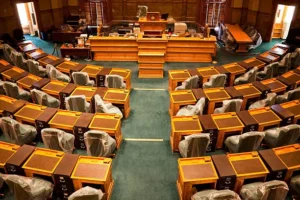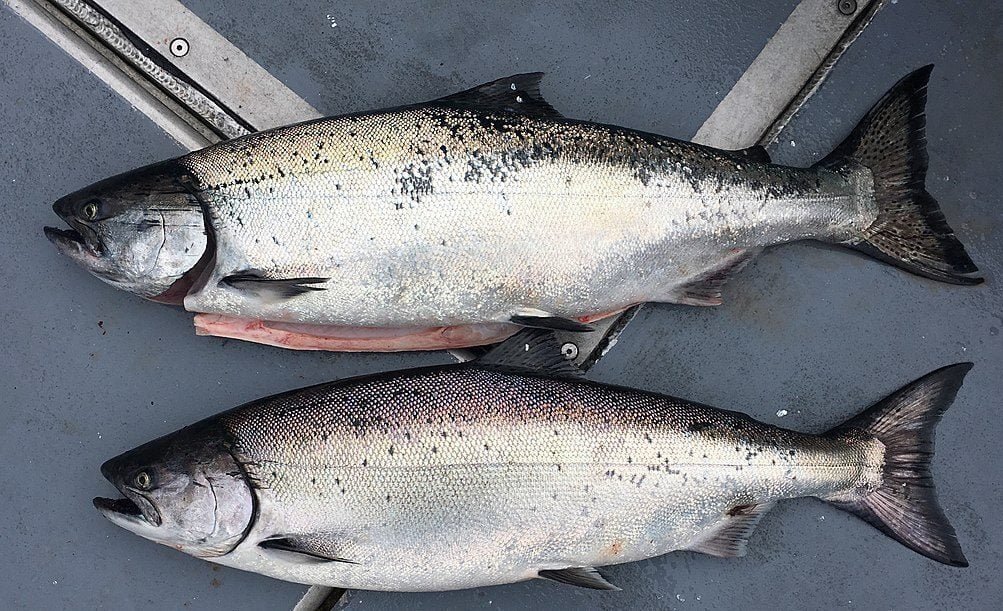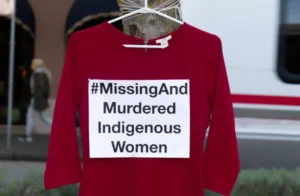In a highly anticipated session on Thursday, a three-judge panel from the 9th U.S. Circuit Court of Appeals indicated a reluctance to approve an environmental group’s plea to temporarily stop a vital king salmon fishery in Southeast Alaska.
In May 2023, a ruling by a judge in the U.S. District Court for western Washington concluded that federal authorities had allowed Alaska fishermen to catch king salmon at levels that endangered a population of killer whales in Puget Sound.
This decision threatened to shut down the Southeast Alaska troll king salmon fishery, which is crucial for the region’s residents. However, the 9th Circuit Court put the lower court’s ruling on hold. The Wild Fish Conservancy from Washington, which initiated the lawsuit, is pushing to lift this hold and stop the fishery.
The state of Alaska, the Alaska Trollers Association, several environmental and tribal groups, and the National Marine Fisheries Service (the main defendant) are all fighting to maintain the stay.
Meanwhile, the federal government is revising the fisheries rules that sparked the lawsuit, with new regulations expected by November.
In court, National Marine Fisheries attorney Thekla Hansen-Young argued that the endangered whales are not at immediate risk of extinction within the next four months. On the other hand, lifting the stay would bring significant uncertainty for the communities in Southeast Alaska that depend on the fishery.
Judges Milan Smith, Mark Bennett, and Anthony Johnson seemed to share this view, showing hesitation to lift the stay before the new rules are established.
Judge Bennett pointed out the uncertainty about the potential benefits for the whales versus the clear harm to Alaskan communities’ subsistence and cultural practices if the fishery were halted. Attorney Brian Knutsen of the Wild Fish Conservancy suggested that Alaskans could switch to other fish species, but Bennett was not convinced.
Knutsen also doubted that the new rules would be completed by November, arguing that protecting the endangered whales should take precedence over uncertain economic impacts on Alaskan communities.
The judges then asked Hansen-Young for assurances on meeting the November deadline. She confirmed the government’s commitment, barring unforeseen circumstances. One judge suggested halting the fishery if the new rules were delayed, and Hansen-Young tentatively agreed, provided any instructions to the district court would come after December 1.










